Whenever scientists search for evidence of life in outer space – whether it’s on Mars, our moon, or Jupiter’s moon Europa - the first thing they look for is water.
One reason is because water is chemistry’s universal solvent, so it’s uniquely capable of holding and transporting nutrients all around. Water also supports cellular structure and participates in many biochemical reactions.1
Another reason, perhaps, is because life’s essence is a sparkling spring of water, flowing from the hidden depths out into the world.
Let me explain that.
Springs of Life
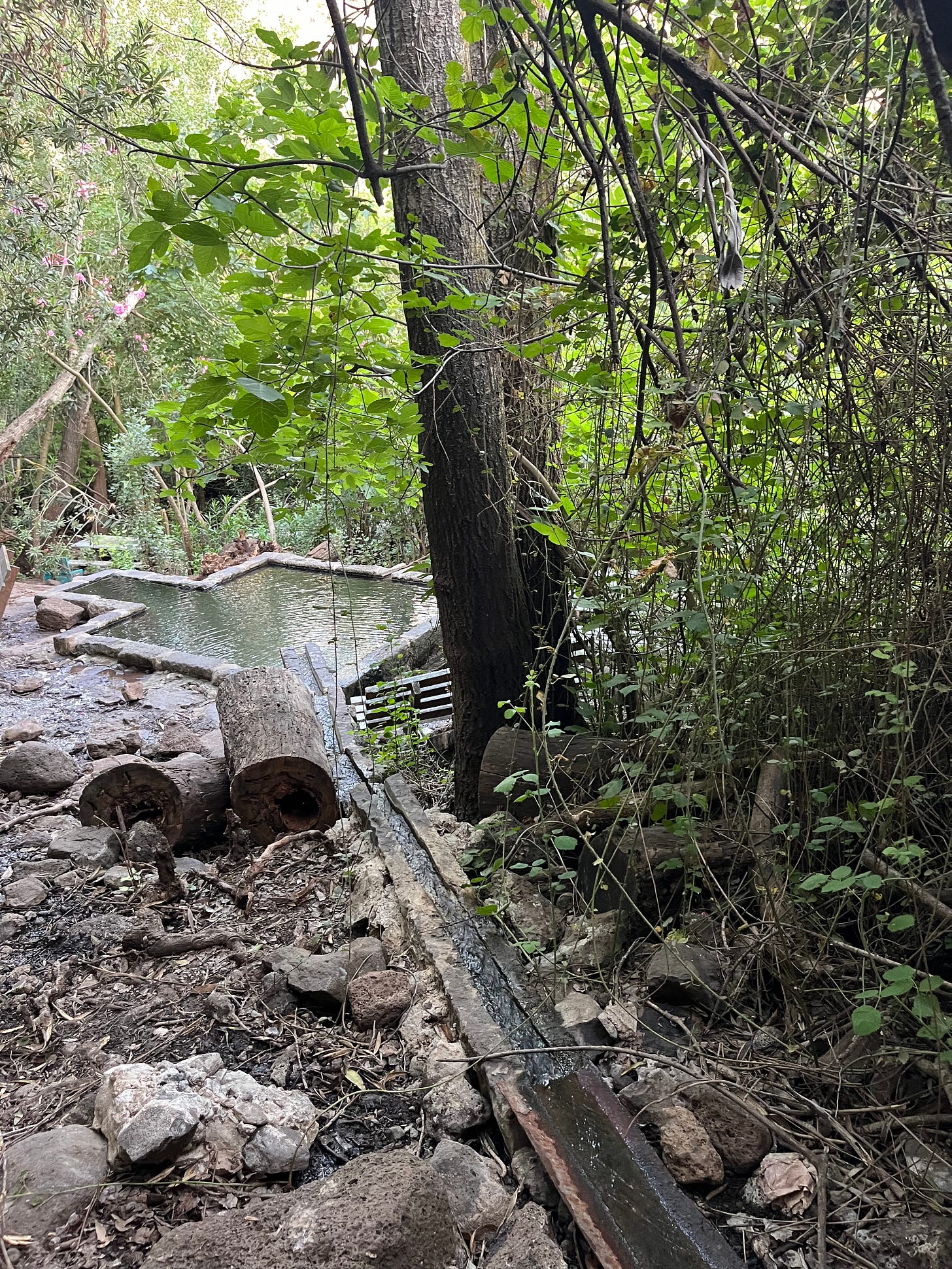
Dead, inanimate objects get their specific forms and then keep them until they’re lost. For example, a table is built to be a table, and it remains a table until something ends its tablehood, say, a fire.
Live beings, however, receive new life every moment. Last minute’s breath won’t oxygenate blood now. Yesterday’s meal won’t satisfy today; its nutrients are long gone. Closer to life’s essence, our soul constantly imbues our bodies with new life, and our minds (hopefully) direct our movements. When beheld in depth, life is not a noun but a verb – the perpetual flow of existence, emanating from the inside outwards.
Life itself spurs the desire for more life. If I’m alive, that means I want more life, because life is the uninterrupted flow of becoming alive. If I don’t want more life, but am satisfied with staying the same forever, then I’m already dead as a table.
This life-desire is comfortable, natural, and neutral: it seeks nothing but the continuous unfolding of life’s desire. And it’s not some abstract, spiritual concept, but a practical way to transform desires and drives from self-nullifying to self-perpetuating, as I explained here:
Because life means existing in the constant flow of becoming alive, the Torah - the Book of Life - portrays life as a flowing spring emanating from God, and contrasts it with a blocked muddy pool that has lost its true Source.
For my [God’s] nation [Israel] has done two evils: they have abandoned me, the source of live water – in order to dig for themselves broken pits that won’t hold water. (Jeremiah 2:13)
Yet another reason to hike Natural Israel during its hot, rainless summers. On the trail, you’ll encounter both types of water: cool, refreshing, and clean springs – and muddy and stagnant pools, covered with slime and swarming with flies. It’s the same water, but without a source, water quickly loses its life.
Unsurprisingly, walking through God’s world has much to teach about God’s world.
The Blood-Stream
And so is the story of our own lives. 60%-75% of our body weight is water, and that water is always flowing out through breathing, sweating, and urinating. To remain alive, we must regularly receive new water.
Dehydration begins from losing only 4% of body water, and 15% can be fatal. Similarly, it’s possible to survive a month without eating – but not more than a few days without drinking.2
If you think about it, we are almost literally walking streams of living water, always drinking from life’s Source, always flowing onwards into the world.
The same thing happens inside our bodies: blood - which is basically water being the universal solvent for life’s details – constantly flows out from the heart, circulating to every nook and cranny. Not for naught do we talk of the blood-stream.
Do you find The Healthy Jew interesting or helpful? Subscribe and pass it on. Proactively advocate for wellness: don't wait for illness!
Drinking Problems
Yet many folks have a hard time drinking enough water. Perpetually at the threshold of dehydration, they suffer from headaches, dizziness, fatigue, and mental fog.
Perhaps even more concerning is that it’s unsafe to walk, hike, and run in the summer heat without drinking plenty of water. It can even be dangerous to step out of the air conditioning. If we want to acclimate to the world in every season, we must master the art of drinking.
Why is so hard to drink enough? Dietitians explain that our thirst sense is relatively weak - and is easily tricked, in several ways:
Eating can satisfy thirst, so frequent snacking can confuse our bodies to think it’s drinking when it’s in fact eating.
Sweet drinks signal that drinking means sweet – which won’t exactly make us want to drink plain water.
We feel hungry in our stomachs, but thirsty in our mouths. Drinking a sip or two moistens the mouth, quickly quieting the urge to drink. (It’s kind of like feeling full after a bite or two of food.)
Each of these reasons stem from a larger challenge regarding Eating Well, and their solutions are correspondingly apparent - although not necessarily easy.
For the first two, this is obvious:
Eat regular meals.
Don’t drink sugar.
The third point is more subtle, because feeling satisfied from a little bit of water results from human physiology, not lifestyle choices. But, in my view, it’s the most important area to focus on, because it holds the practical solution to the drinking problem.
(By the way, for more clips, pics, excerpts, and updates, make sure to sign up for The Healthy Jew WhatsApp group or WhatsApp status. Or follow my profile on Facebook or LinkedIn.)
Meals of Water
We all know that it’s important to drink. So once every while, we’ll drink a sip or mouthful of water, maybe even a long swig from a bottle. A natural time to drink a bit is together with food, especially if it’s something dry or salty.
But do you ever stop to drink whole meals of water?
That’s the solution: regular water-meals, with as little drinking as possible in between. Eating regular meals of food – instead of grazing all day – is a critical part of healthy eating. (I’ll get to that another day.) Similarly, drinking regular meals of water – instead of sipping all day - is the heart of drinking well.
The way to learn intuitive drinking is by just drinking.
I also suggest following Maimonides’ (Hilchos Deos 4:3) advice not to drink during meals, but around an hour or two afterwards. (Before a meal is also fine.) This way drinking has it’s own time and place, and isn’t just another part of eating. (There may also be other health reasons for this.)
A careful reading of Maimonides (Hilchos Tefillah 7:14) offers a profound precedent for this way of drinking. The earliest Sages of the Second Temple Period – known as the Men of the Great Assembly – instructed every Jew to recite 100 blessings every day. Maimonides counted the blessings they taught us to give. To make a long story short, 84 are daily prayers, and another 12 are blessings for two meals of bread. (See note for a bit more background of Maimonides on the 100 blessings.3)
What are the final 4 blessings? For drinking water twice a day: two before, and two afterwards.
Why weren’t these 4 subsumed by the blessings for bread, which ordinarily exempt all other foods? Because, as Maimonides advised, the time for drinking-meals is long after the food-meal. Drinking is it’s own event that earns its own place in the spiritual structure of the Jew’s daily blessings.
Millennia of Jewish scholars and sages have pondered the concept of 100 daily blessings, expounding on why blessings must be counted, and why to this number. I’m fascinated by something more elementary: that they viewed just drinking as worthy of counting.
By stopping to formally drink water, we’re joining the flow of just life, a flow that’s no less important than life’s broad variety of tastes, textures, and fragrances – and no less worthy of blessing its Source.
Do you find The Healthy Jew interesting or helpful? Subscribe and pass it on. Proactively advocate for wellness: don't wait for illness!
How to Drink Meals
How much should you drink in a water-meal? And should you only drink twice a day, as Maimonides counted?
In my view, the details matter less than the principle.
Our lifestyles are drastically different from Maimonides’ 12th century Egypt, certainly the Men of the Great Assembly’s 4th century BCE Jerusalem. Because their context has been lost, we can’t responsibly copy and paste Maimonides’ many of healthy lifestyle suggestions. For better or for worse, we eat and drink different foods, in different amounts, and in different intervals, than Maimonides and the Men.
We can and must rely on modern scientific research, as I’ve explained here:
What hasn’t changed is the basic nature of the human body, mind, and spirit. For that reason, many of the general principles of healthy living that Maimonides taught are as applicable today as ever.
In regards to drinking, we can find balance and health by eating designated meals of food, and drinking designated meals of water, just as Maimonides and the Men instructed.
This is what my daily water-meal schedule usually looks like. You might want to try something similar.
Wake up, go to the bathroom – then drink a water-meal, which is 2-3 cups.
Get the kids out to school, pray – then drink a water-meal.
A bit later, breakfast - followed an hour or so afterwards by a water-meal.
Lunch, followed… (okay, you get the idea)
When I run in the blistering heat, as I’m wont to do (I took that pic in last week’s heat wave at 93F/34C), I usually don’t take a water bottle. Instead, I drink a nice big water-meal before heading out, and another when I get back. (Maybe I’ll cheat with a sip or two from a water fountain along the way.)
I drink lots of water, but haven’t the faintest clue how many ounces, cups, or gallons a day. I’m not a car that buys gas by the gallon, but a human being for whom drinking water is an essential part of living well. Because drinking holds a prominent place in my life, I don’t worry how much to drink at each water-meal, and how many of them to drink each day.
One Suggestion: Drink meals of water - better if separate from meals of food. Give the flow of your life the time and respect it deserves.
One Question: How do you drink water? Does it work for you? Let’s talk drinking in the comments below.
https://sitn.hms.harvard.edu/uncategorized/2019/biological-roles-of-water-why-is-water-necessary-for-life/
ibid
After discussing the daily morning blessings to thank God for our minds, vision, spinal integrity, and a host of other functions of the body and spirit, Maimonides introduced the 100 blessing requirement like this:
A person is obligated to recite 100 blessings every day, between the day and night. What are the100 blessings?
Maimondes’ language implies that the number 100 isn't a random requirement to make sure to reach that amount, but that the same Sages who instituted the blessings - the Great Assembly - also set a regimen of 100 inside the daily liturgy and activities of life. This reading is borne out from the next law where Maimonides refers to additional blessings that were added “in our times,” which result in having “five extra blessings” - as opposed to the original reckoning of the Sages who instituted these 100 only.




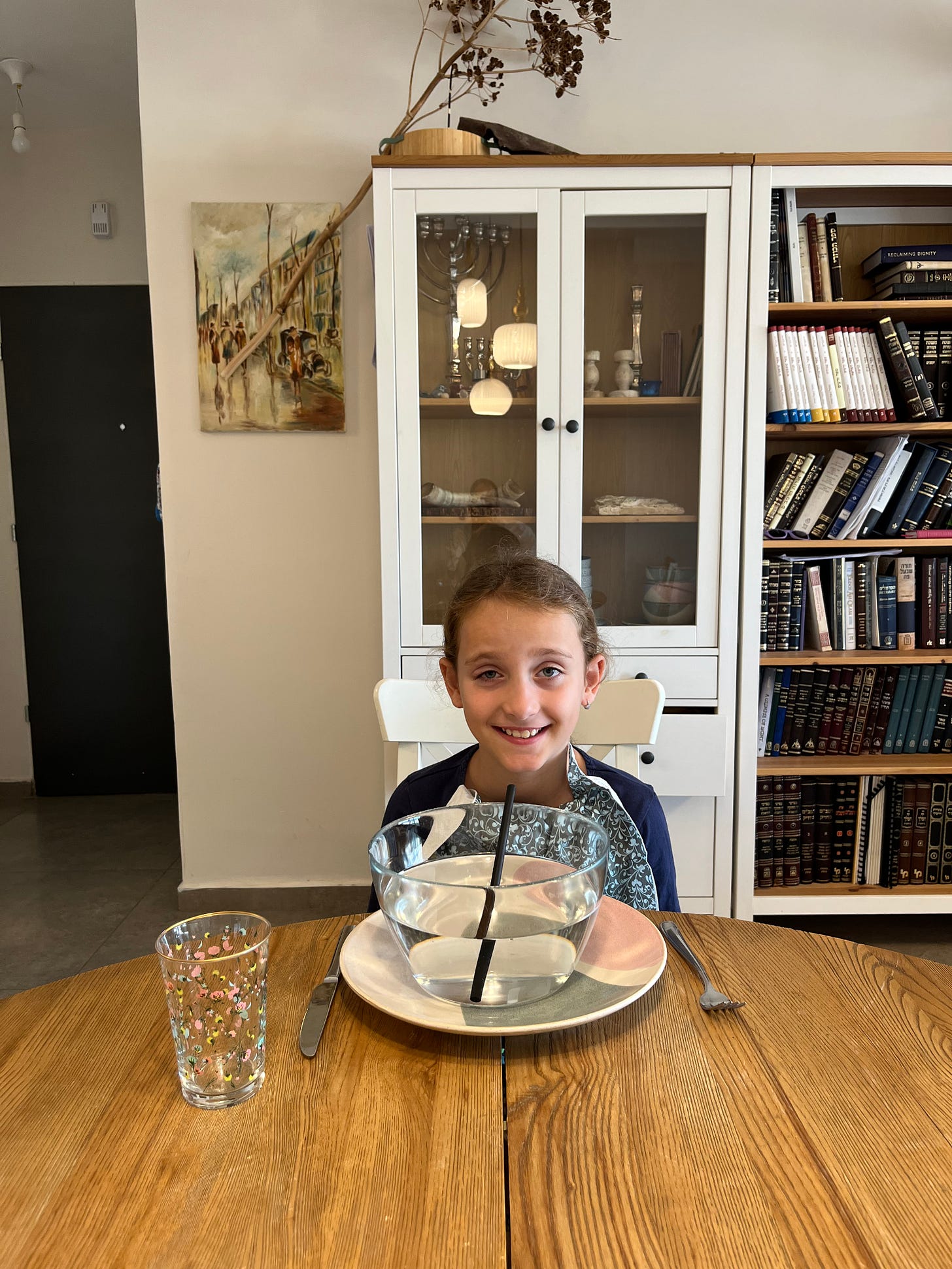

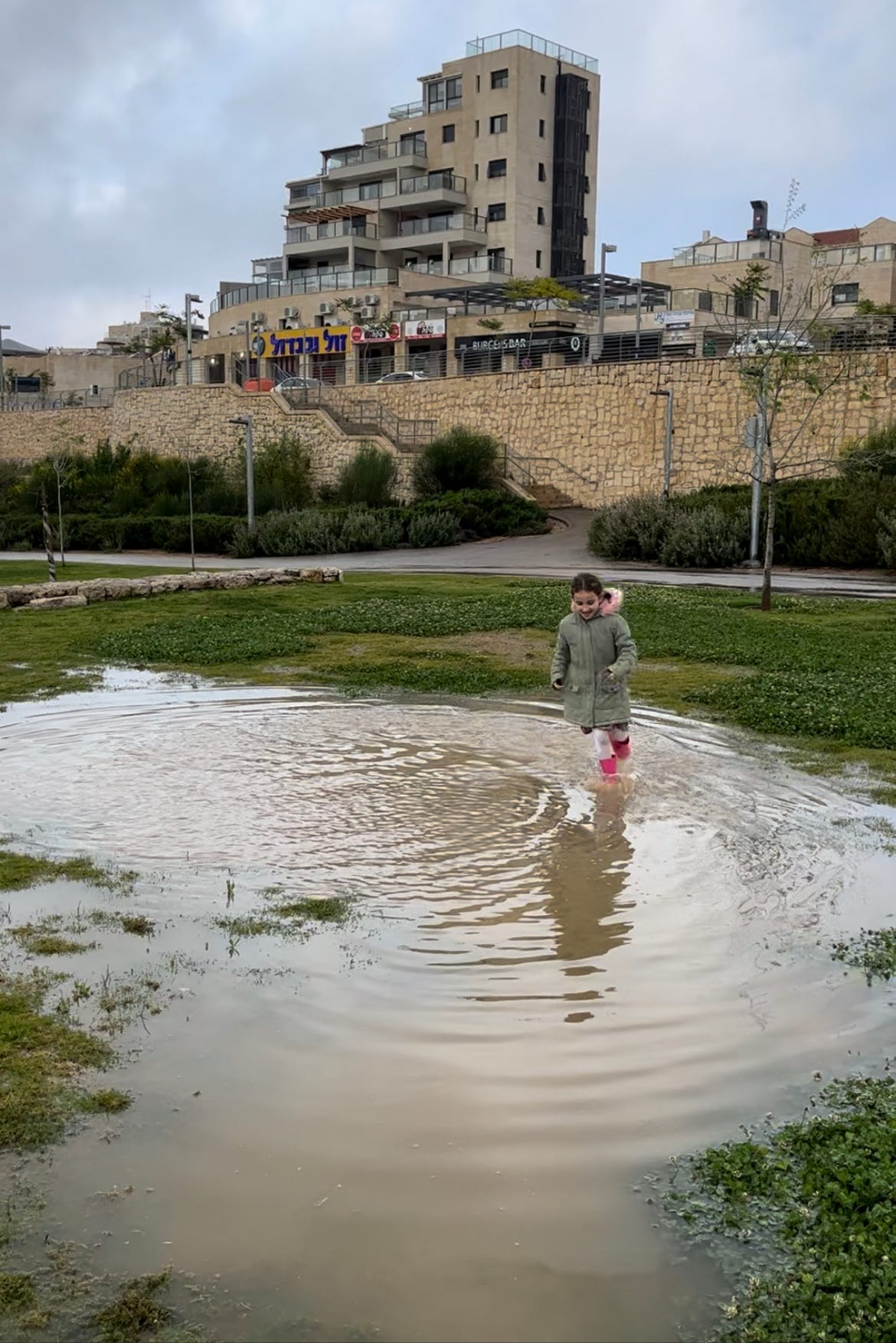
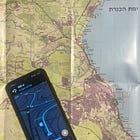

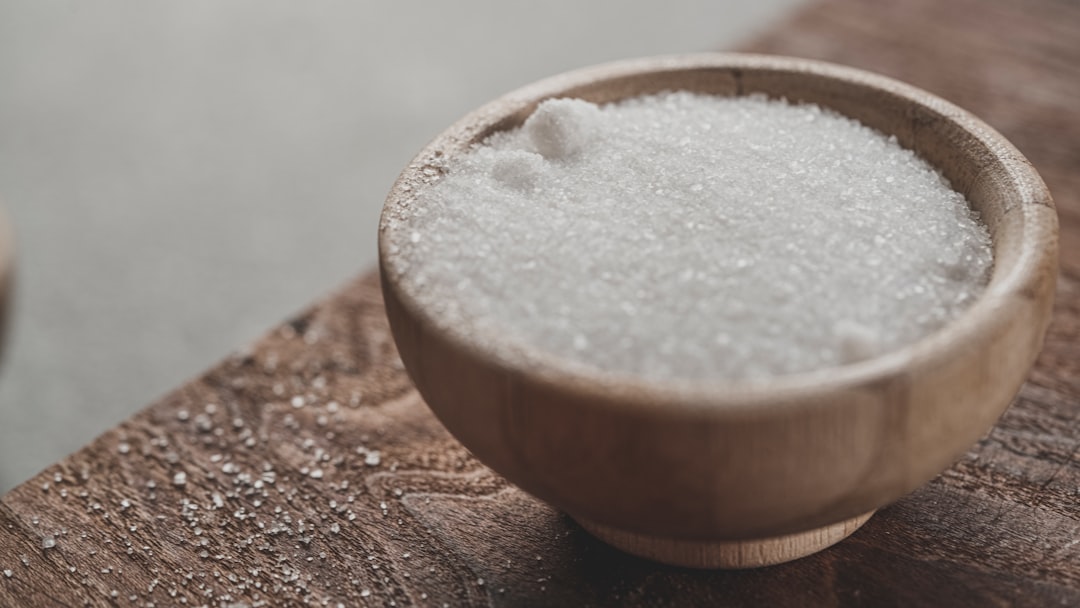
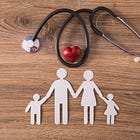
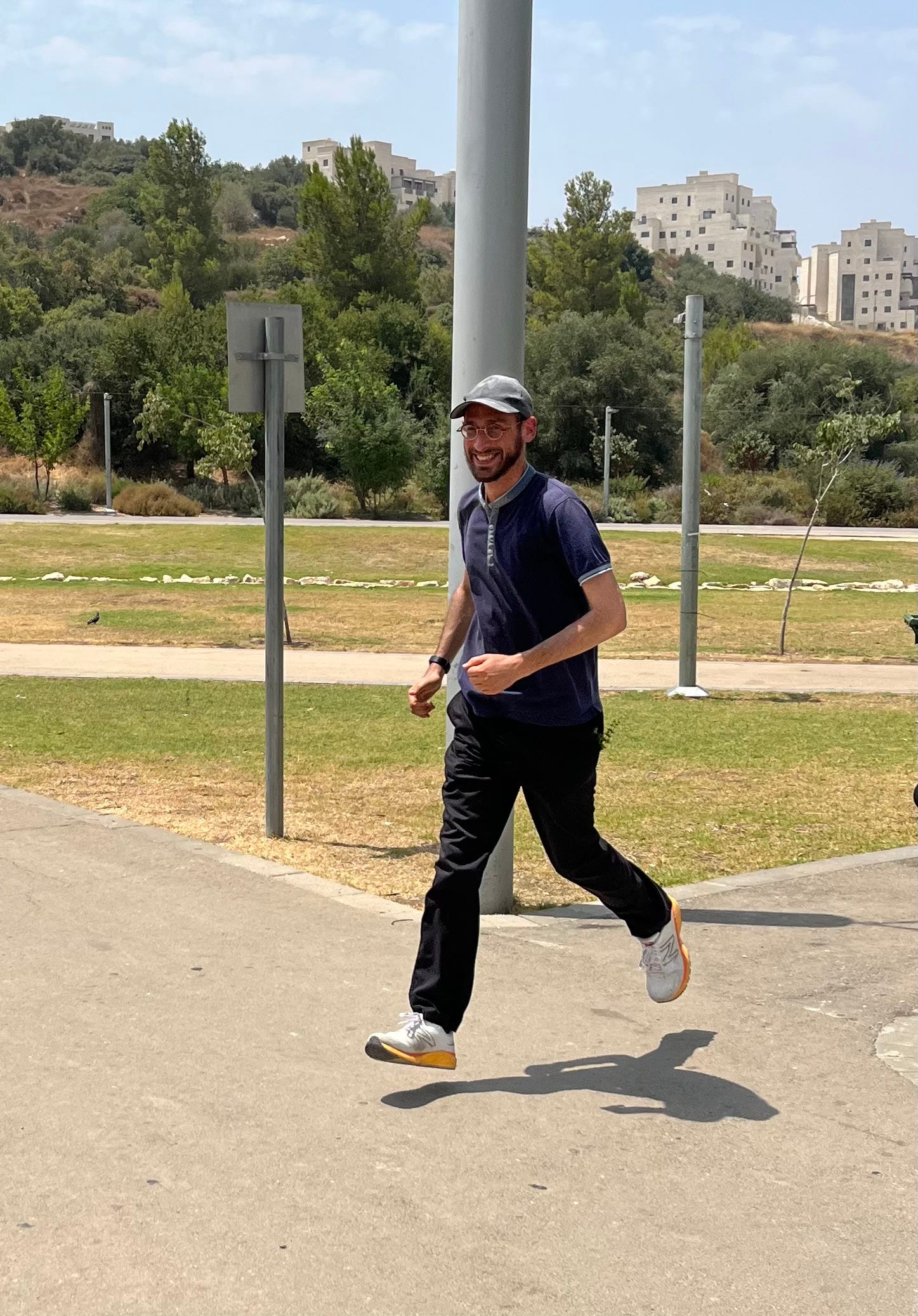
This is a wonderful piece. Thank you for sharing it. I will be trying a meal of water this week!
Such a great reframe! Thank you. My question is: at a water-meal, does the body give any signals to indicate that it has had it's fill of water, as with hunger and food?